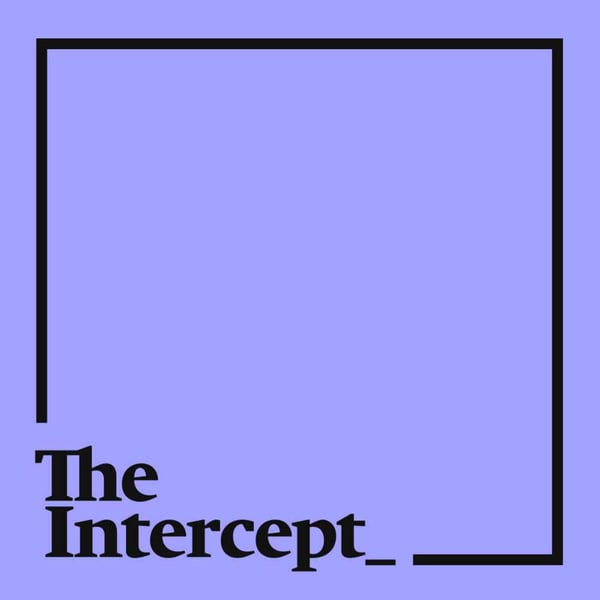Iran and U.S. Wage a Shadow War Behind Gaza Conflict
The Intercept Briefing
The Intercept
4.8 • 6.3K Ratings
🗓️ 27 March 2024
⏱️ 45 minutes
🧾️ Download transcript
Summary
The Israeli military assault on Gaza has continued for nearly six months, with word of an impending attack on the densely populated town of Rafah. Against this backdrop, a shadow war has continued to play out between Iran and a network of militant groups on one side, and the U.S. and Israel on the other. Iran today supports and arms not just Hamas, but also groups like Lebanese Hezbollah, the Houthis, and various Syrian and Iraqi militia groups. Aside from the U.S. itself, Iran today is likely the most important outside power in the Gaza war, though its role is often ignored. This week on Intercepted, host Murtaza Hussain discusses the role of Iran in the region with historian Arash Azizi. The author of "What Iranians Want: Women, Life, Freedom," Azizi also discusses political developments in the country in the aftermath of recent elections.
If you’d like to support our work, go to theintercept.com/join, where your donation, no matter what the amount, makes a real difference.
And if you haven’t already, please subscribe to the show so you can hear it every week. And please go and leave us a rating or a review — it helps people find the show. If you want to give us additional feedback, email us at [email protected].
Hosted on Acast. See acast.com/privacy for more information.
Transcript
Click on a timestamp to play from that location
| 0:00.0 | The This is intercepted. Welcome to Intercepted. I'm Martaza-Hossain. The United States and Iran's long-running shadow |
| 0:40.1 | war continues to play out against the backdrop of the conflict in the Gaza Strip. |
| 0:45.2 | While the U.S. is Israel's primary security and political backer, Iran has placed itself |
| 0:49.6 | at the center of a range of militant groups, including Hamas, Hezbollah, the Hutis, and various Syrian |
| 0:55.8 | and Iraqi militias that are fighting the U.S. and Israel in various countries across the region. |
| 1:01.7 | Iran is the primary patron of these groups, but its central role in the current country is in the region. Iran is the primary patron of these groups, but its central role in the current conflict, as well as the |
| 1:06.6 | history between the U.S. and Iran that led us here, is not widely understood. |
| 1:11.6 | To discuss this, I'm joined now by Arash Azizi, a writer and historian who recently wrote the book |
| 1:17.3 | What Iranians Want Women Life Freedom. He's also the author of the book The Shadow Commander, |
| 1:23.2 | Solomani, the US, and Iran's global ambitions. |
| 1:26.7 | Arash, welcome to Intercepted. |
| 1:28.9 | Thank you so much for having Arjeza. |
| 1:30.6 | It's great to be here. |
| 1:31.6 | Arash, presently the war in Gaza is entering maybe, I think it's six month at the moment. |
| 1:37.1 | And the role of Iran in the conflict is not very well understood, especially by American |
| 1:42.4 | audiences. |
| 1:43.0 | Can you talk a bit about what role Iran is playing in this war and what role it played in the |
| 1:48.7 | lead up to the October 7th attacks in terms of its place in the region vis-à-vis Israel and various other actors. |
| 1:55.0 | The Islamic Republic is the only important state-funder of Hamas and policy and Islamic |
| 2:02.4 | jihad groups that conducted October 7, particularly Hamas, |
| 2:06.4 | which led the October 7 attacks, as the most important and as I said, really the sole significant estate funder of these groups both financially |
| 2:17.7 | and militarily, Tehran has played an important role. |
... |
Please login to see the full transcript.
Disclaimer: The podcast and artwork embedded on this page are from The Intercept, and are the property of its owner and not affiliated with or endorsed by Tapesearch.
Generated transcripts are the property of The Intercept and are distributed freely under the Fair Use doctrine. Transcripts generated by Tapesearch are not guaranteed to be accurate.
Copyright © Tapesearch 2025.

